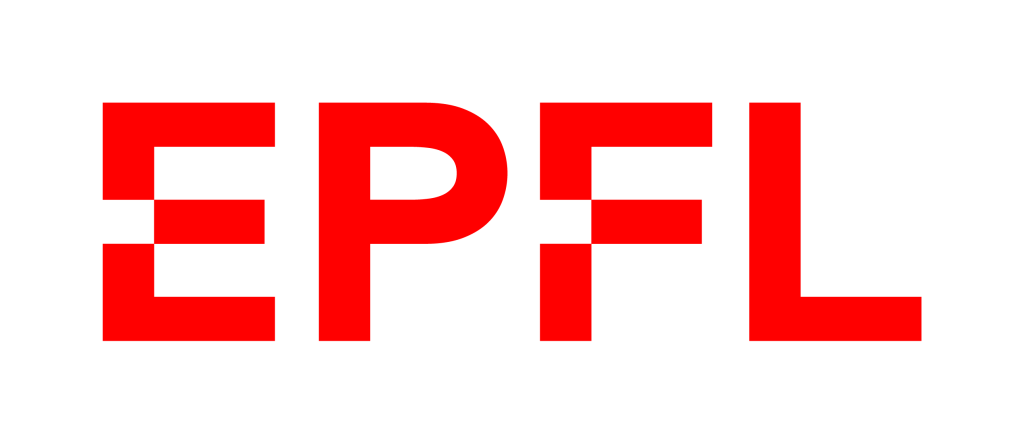MR-based Synthetic CT Generation for Adaptive Proton Treatment Using Deep Learning
Short Summary
Due to its inherent flexibility and physics advantages, Pencil Beam Scanning Proton Therapy (PBS-PT) can achieve very high levels of dose conformation to the tumour, resulting in significant reductions of dose to normal tissue. However, the major concern for this advanced technique is the detrimental effects of inter- and intra-fractional anatomical changes, which can substantially and negatively, affect the quality of the delivered treatment. In this project, the deep learning based synthetic CT generation framework directly using various MRI sequences will be developed, validated and implemented in the clinical practice of PBS-PT. With such development, tumour and anatomy changes can be monitored more efficiently. A more precise cancer treatment will be achieved by quickly reacting on these changes with plan adaptation based on the synthetic CT from the MRIs using deep learning method.
Goals
The objective of this proposed project is to establish a deep learning based framework, by which synthetic CT’s can be accurately generated from pre-treatment, daily repeated and/or on-board MR images.
Significance
With the successful completion of this project, an effective deep learning based method for synthetic CT generation will be developed and clinically validated. Based on this framework, the tools for MR based adaptive proton treatments at the Proton therapy center in Paul Scherrer Institute will be put in place. The established deep learning framework will also be shared with other radiotherapy clinics, in order to promote precise personalized radiotherapy in clinical practice.
Background
Conventionally, Computer Tomography (CT) is the primary imaging modality for accurate dose calculations in the treatment planning of radio- and proton therapy treatments. Although Magnetic Resonance image (MRI) is also acquired during this pre-treatment phase, it is currently mainly used to guide the delineation of the tumour and organs at risk. However, the possibility of calculating proton dose distributions and further optimizing treatment plans directly using MR image would bring many benefits and opportunities, if comparable dosimetric accuracy as is currently the case with CT can be achieved. In particular, direct planning on MRI data would 1) reduce imaging dose from daily re-planning, 2) reduce image artefacts due to the presence of metal implants and 3) eliminate the inherent registration errors and time associated with propagating contours from MRI to CT. Unfortunately, the excellent soft-tissue contrast provided by MR makes its direct use for dose calculations in proton therapy difficult, as the most important patient attribute – density – is not provided by MR data.
As such, in order to move towards direct MR based therapy planning, methods are being developed to correlate MR signals to tissue density. Recent advances in deep learning in the realm of artificial intelligence have demonstrated its ability for facilitating and improving many important functions for medical image processing. It could be of great interest therefore to develop and validate deep learning approaches to the generation of synthetic CT from MR data, in order to move towards more accurate proton treatment planning based on MR imaging only.
iDoc

Dr. Ye Zhang
Center for Proton Therapy, Paul Scherrer Institute
Co-Investigators
- Prof. Dr. Tony Lomax (Center for Proton Therapy, Paul Scherrer Institut)
- Prof. Dr. Joachim Buhmann (Department of Computer Science, ETHz)
- Prof. Dr. Damien Weber (Center for Proton Therapy, Paul Scherrer Institut)
Consortium
Status
In Progress
- 5th Call, iDoc




